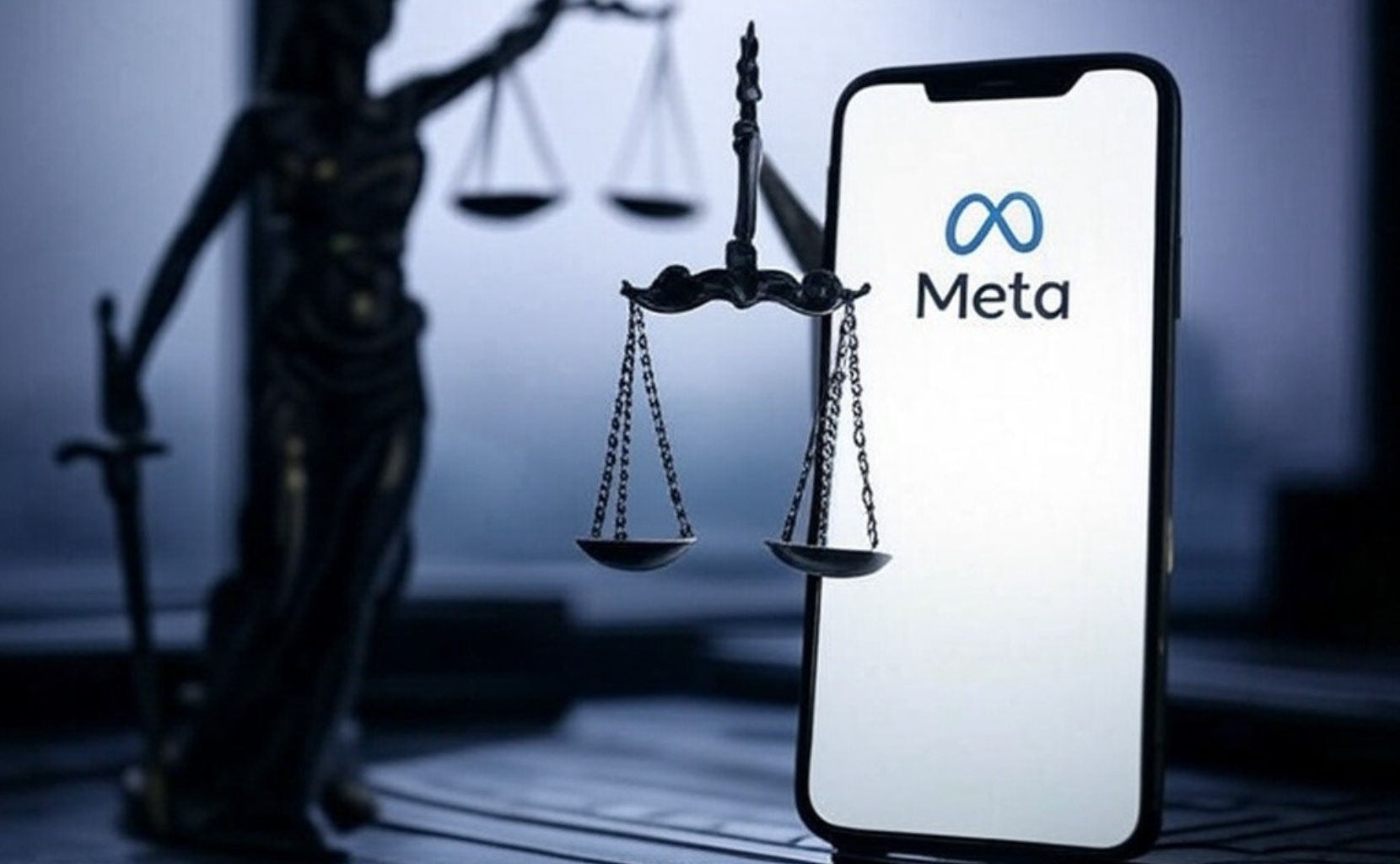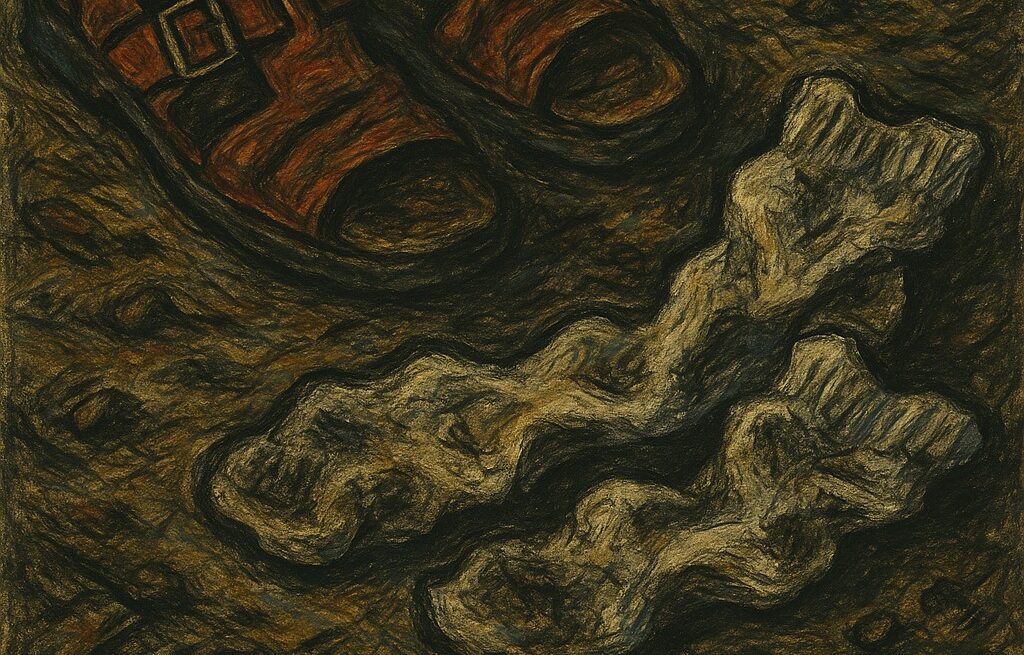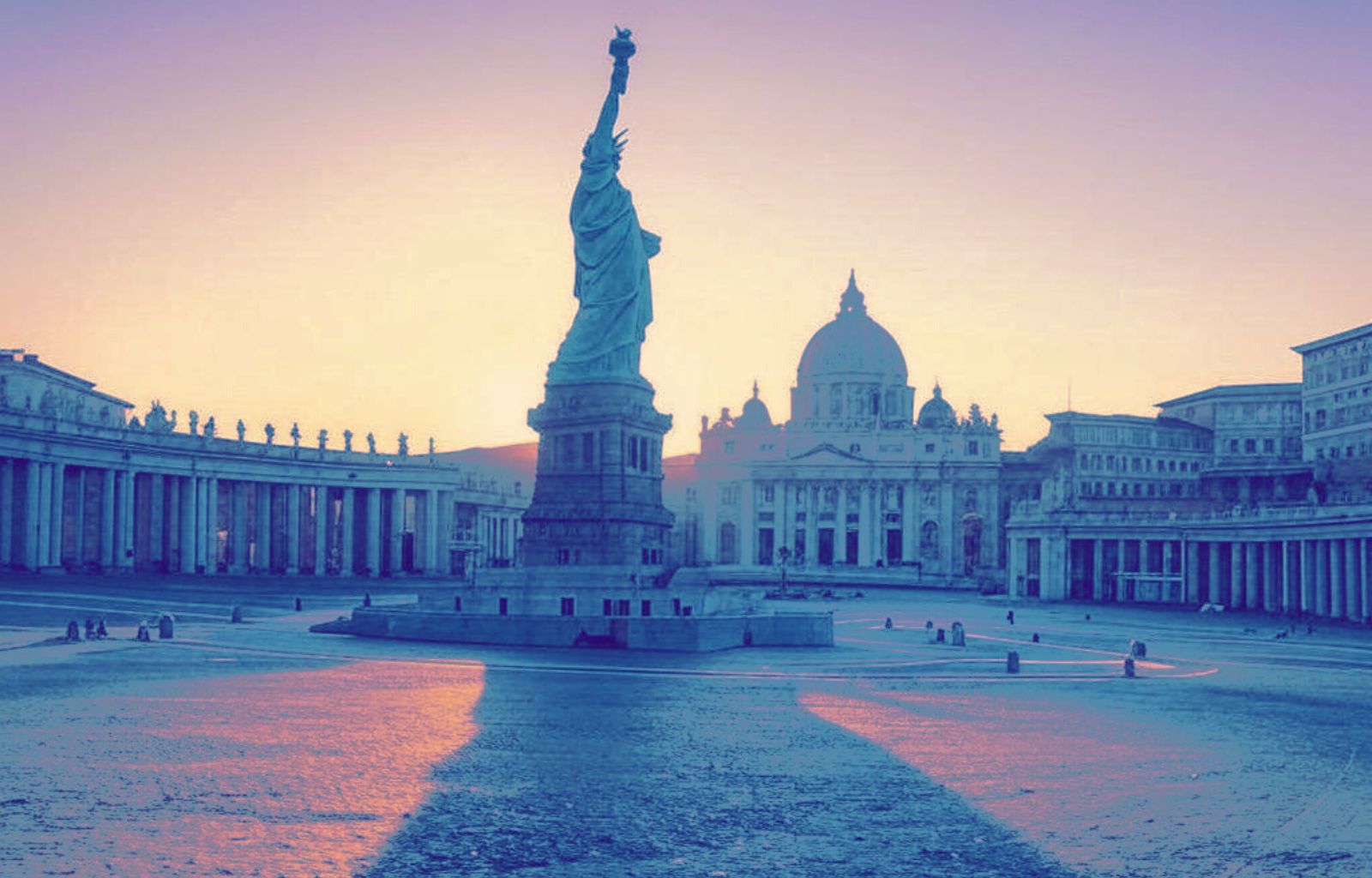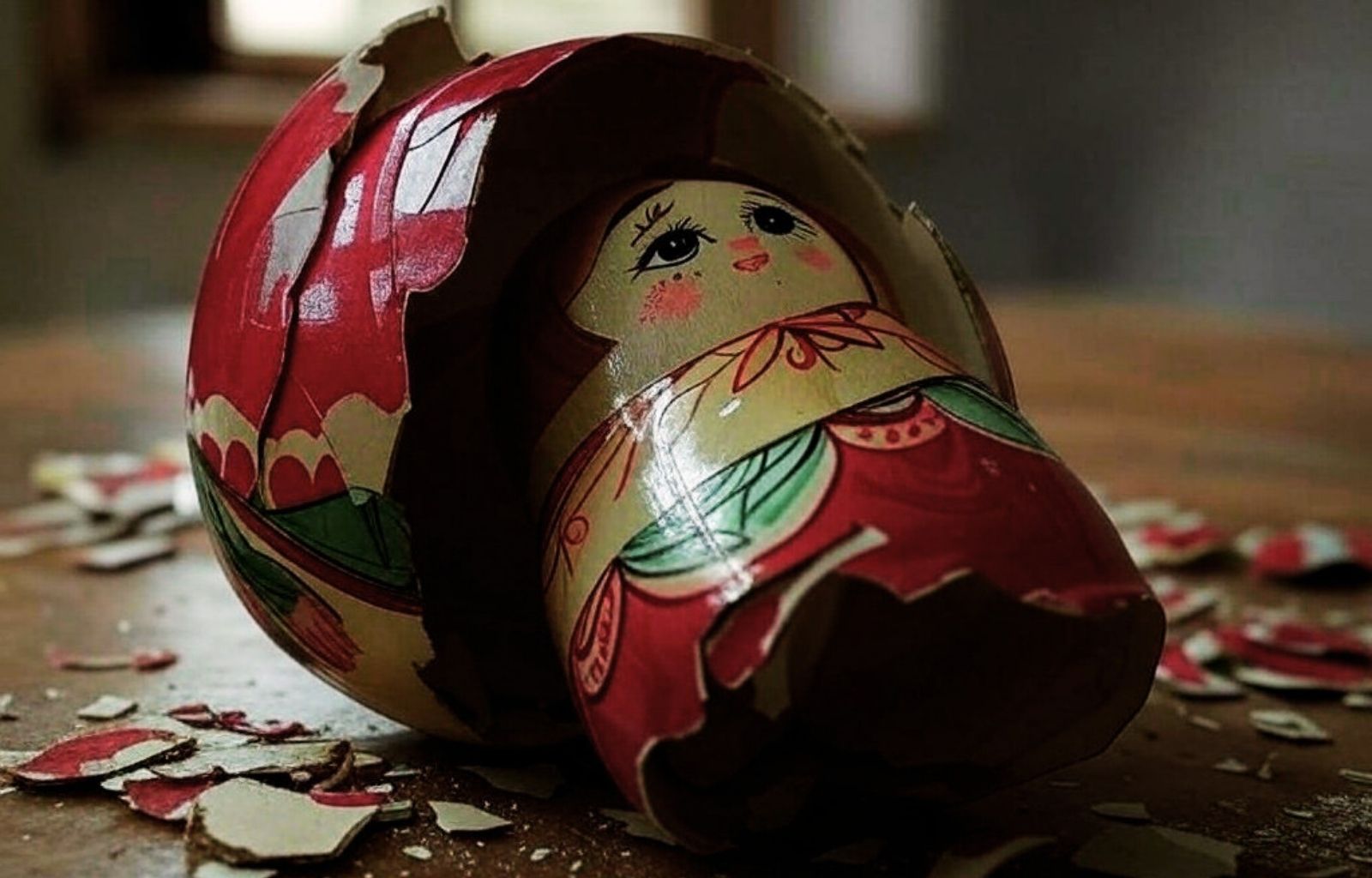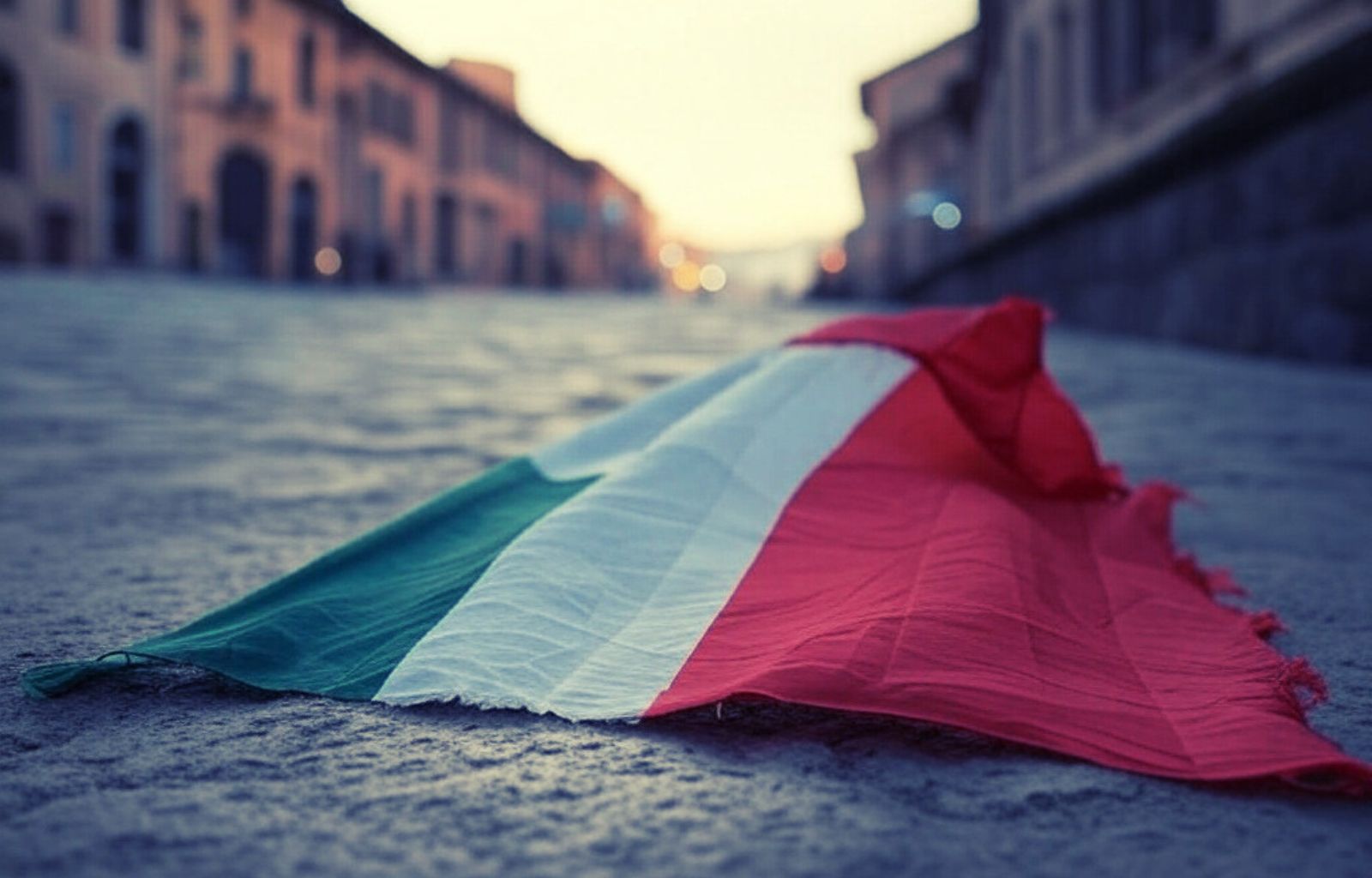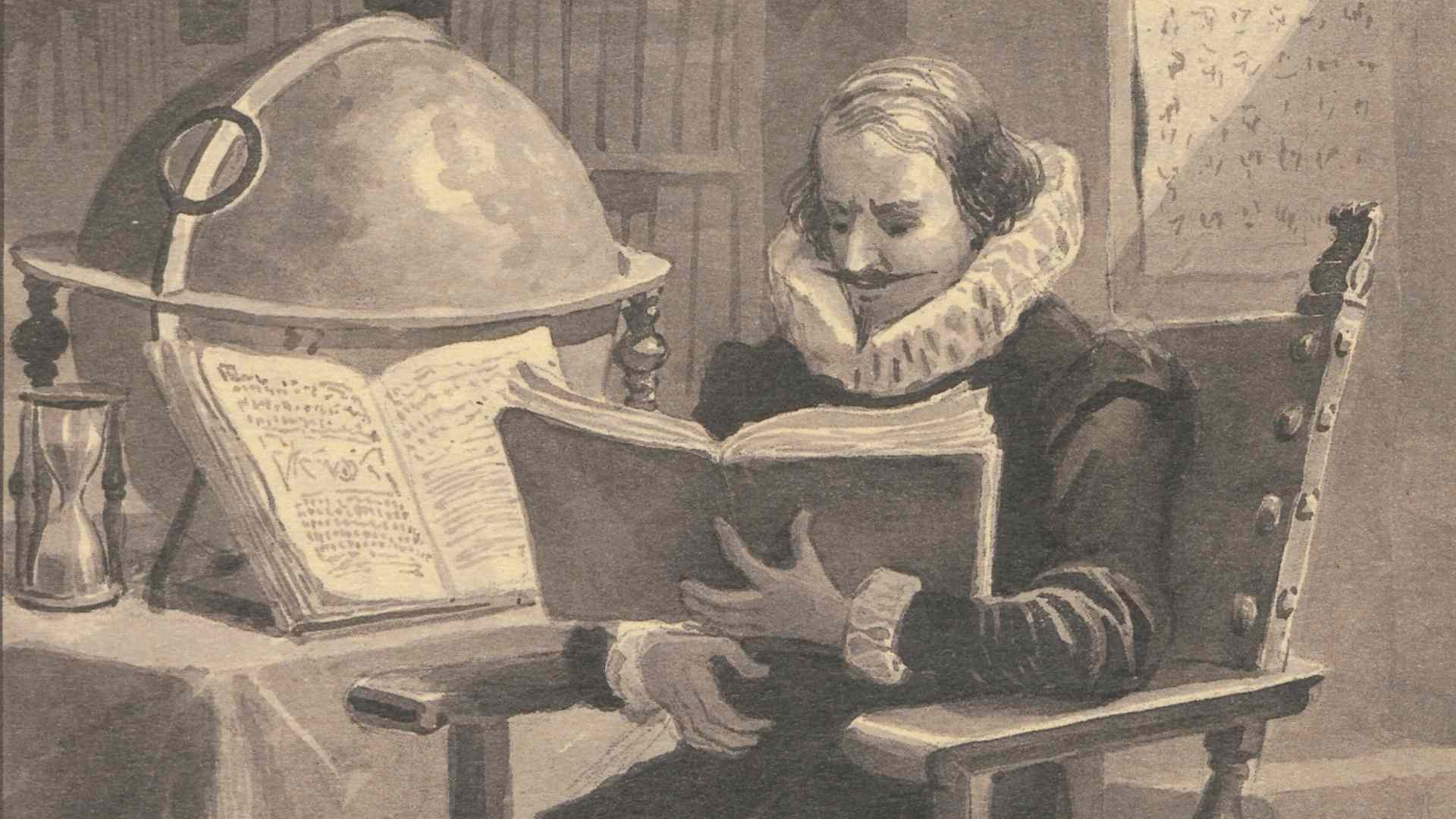January 3, 1925. The shout and the silence
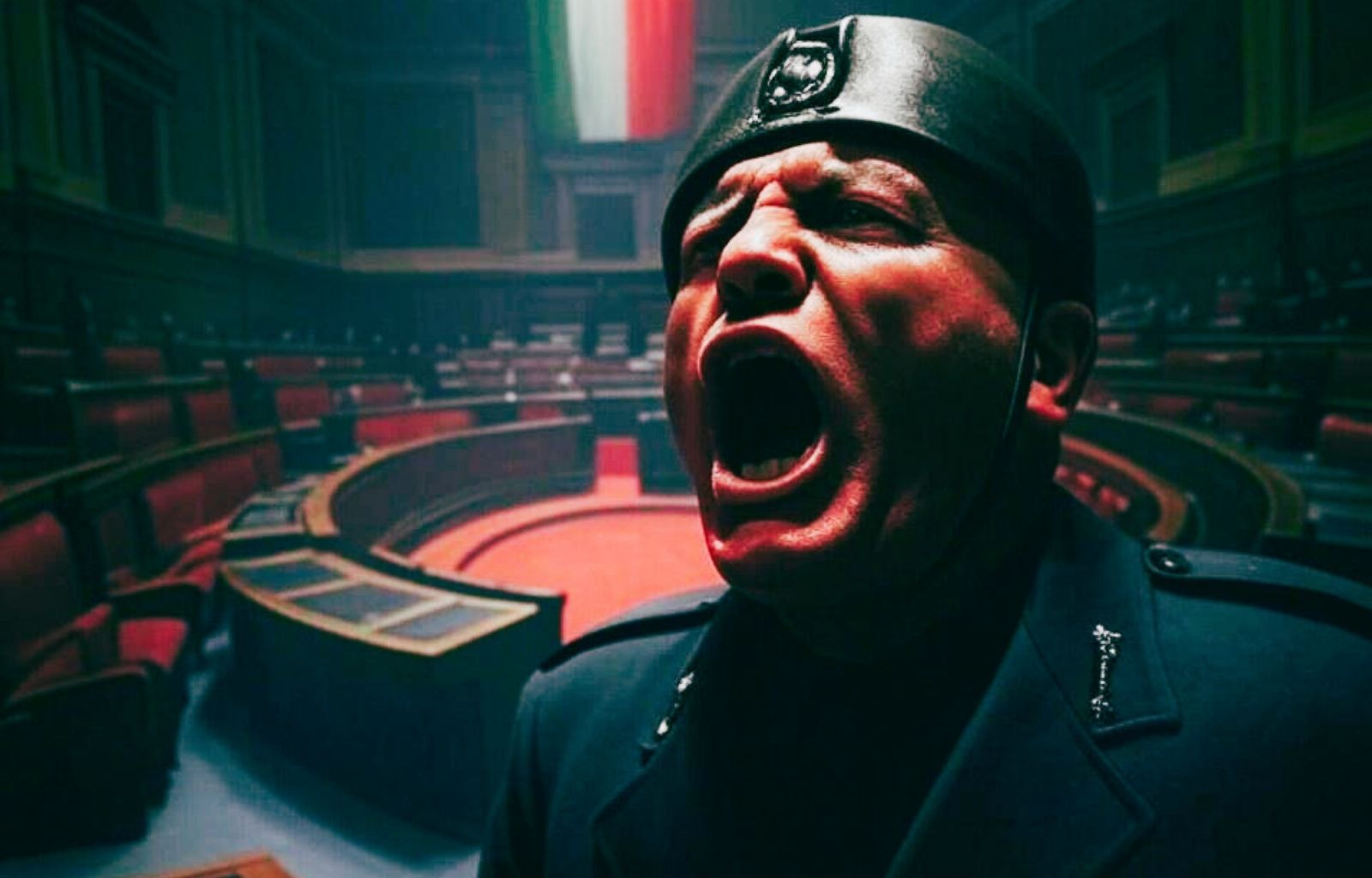
The turning point of democracy
On the afternoon of January 3, 1925, the chamber of Montecitorio was a crucible of tension and expectation. The sight of a scowling Mussolini entering the chamber amidst the applause of his supporters foreshadowed a historic turning point, one of those days that mark the boundary between eras. Antonio Scurati, in his account for La Repubblica, vividly describes this charged atmosphere, almost tangible, with the skill of someone recounting much more than an event: a metamorphosis of the Italian collective soul.
The crisis and the claim to power
January 3, 1925, was not just a day of speeches and political decisions, but the moment when Italian democracy began to crumble under the blows of violent oratory and complicit silence. Mussolini, seemingly besieged by the crisis following the assassination of Giacomo Matteotti, which had shaken the foundations of his government, entered that hall not just to speak, but to reclaim his position of power. His speech on January 3 was a bold attempt to reassert his control, transforming his apparent weakness into an undeniable display of strength.
A theater of absolute power
Mussolini proved himself not just a skilled political actor but a director capable of orchestrating silence and applause at just the right moments, turning a parliamentary chamber into the theater of his ascent to absolute power.
“Gentlemen! The speech I am about to deliver cannot strictly be classified as a parliamentary speech. I do not seek a political vote from you; I have already had too many“: this is how he began his speech. Such a statement, openly challenging democratic norms, reveals the nature of the regime being established. Mussolini did not seek consensus; what he needed was silence.
The shout and the silence
Mussolini raised the Statute of the Kingdom, shouting and daring anyone in the chamber to use it against him. His was a bold gamble. Just one voice needed to accept the challenge and expose the bluff. But the silence that echoed in the chamber was heavy, a silence of both fear and resignation. In that shout and that silence, we find the collapse of a system that had already lost its moral compass.
The erasure of democracy
And Mussolini did not stop. Now fully aware of his total control, he audaciously claimed political and moral responsibility for everything that had happened in the country in the preceding months, including the murder of Matteotti. “Well, gentlemen, I declare here, in the presence of this Assembly and in the presence of the entire Italian people, that I alone assume the political, moral, and historical responsibility for everything that has occurred.” The chamber responded, “All with You, President!“. The session concluded without debate, without a vote. The act was complete, democracy erased.
Democracy dies with every silence
The shout of one and the silence of disapproval together wrote one of the darkest pages in Italian history. That day, democracy was not merely paused, but erased in a theatrical act where silence carried more weight than words.
Today, revisiting those events through Scurati’s pen is not just an exercise in historical memory but a warning to recognize and counter, with courage and voice, the moments when the foundations of democracy are under siege. Remembering is not enough; we must respond and do so together because democracy, like freedom, dies with every unbroken silence.
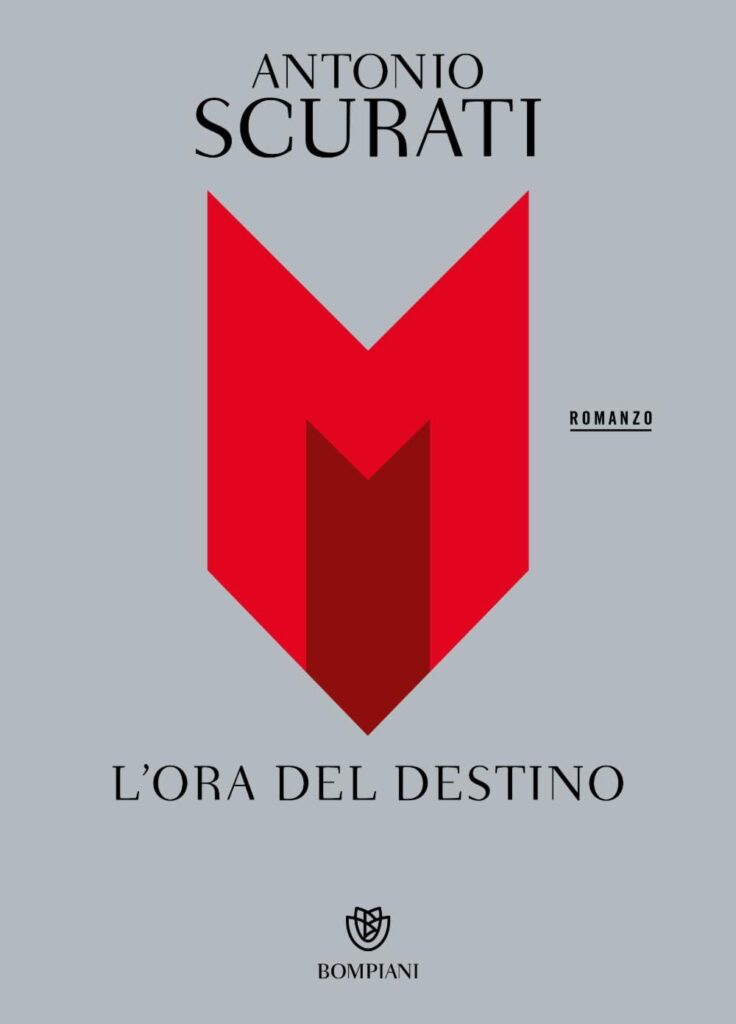
In the fourth novel of Antonio Scurati’s M series, the story of Fascist Italy facing the test of war and the portrait of a man confronting the destiny he shaped for himself and his people.
Buy the book on Amazon and support L’Europeista
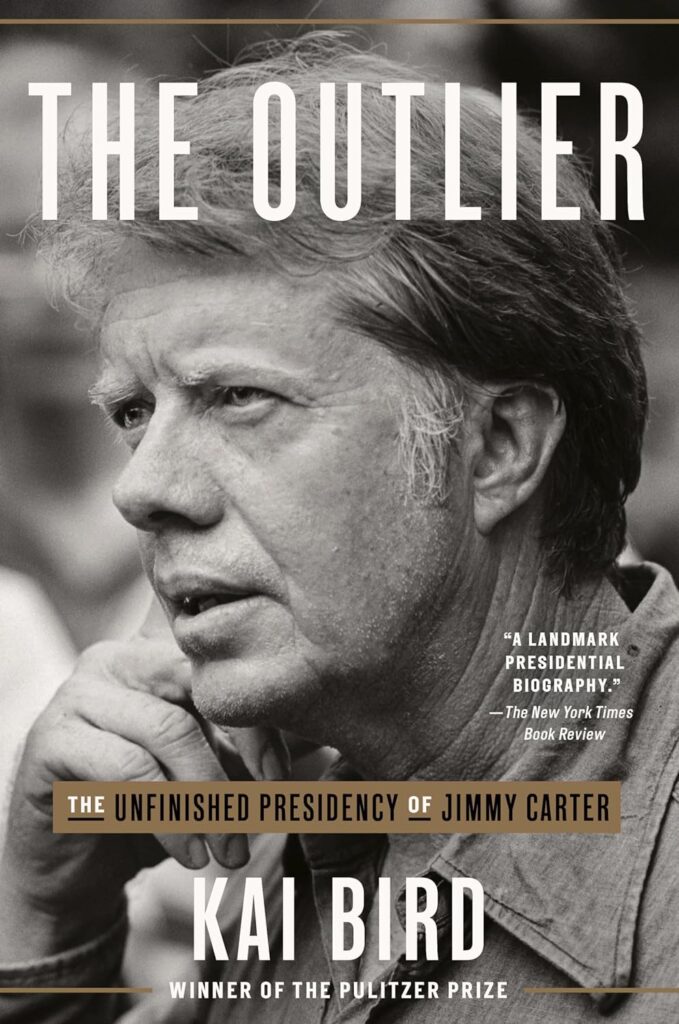
The Outlier: The Unfinished Presidency of Jimmy Carter – by Kai Bird
Carter’s political odyssey turns out to be a rich and deeply human story, marked by formidable successes and painful political adversity. In this deeply documented and brilliantly written account, Pulitzer Prize-winning biographer Kai Bird masterfully narrates the Carter saga, revealing it as a tragic turning point in American history.
Buy the book, you will support L’Europeista


